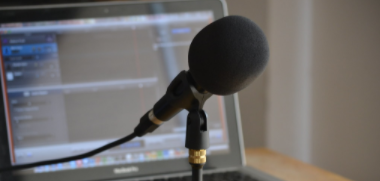
How do I become a songwriter?
All skill levels
Beginner
Experienced
Recommended
CUA30920
Certificate III in Music (Creation and Composition)
Traineeship
6 months
Unavailable
- There are no mandated entry requirements.
 TAFE NSW
TAFE NSW
CUA50820
Diploma of Music
Blended, On Campus, Online
6 - 24 months
$0 - $35,712
- There are no mandated entry requirements.








+ 1 more
CUA40920
Certificate IV in Music
Blended, On Campus, Online
3 - 24 months
$0 - $4,690
- There are no mandated entry requirements.






CUA50820
Diploma of Music (Creation and Composition)
Blended
12 months
Unavailable
- There are no mandated entry requirements.
 TAFE NSW
TAFE NSW
Related occupations
Common questions
Further reading


Most popular music and dance courses
17th May 2022)

